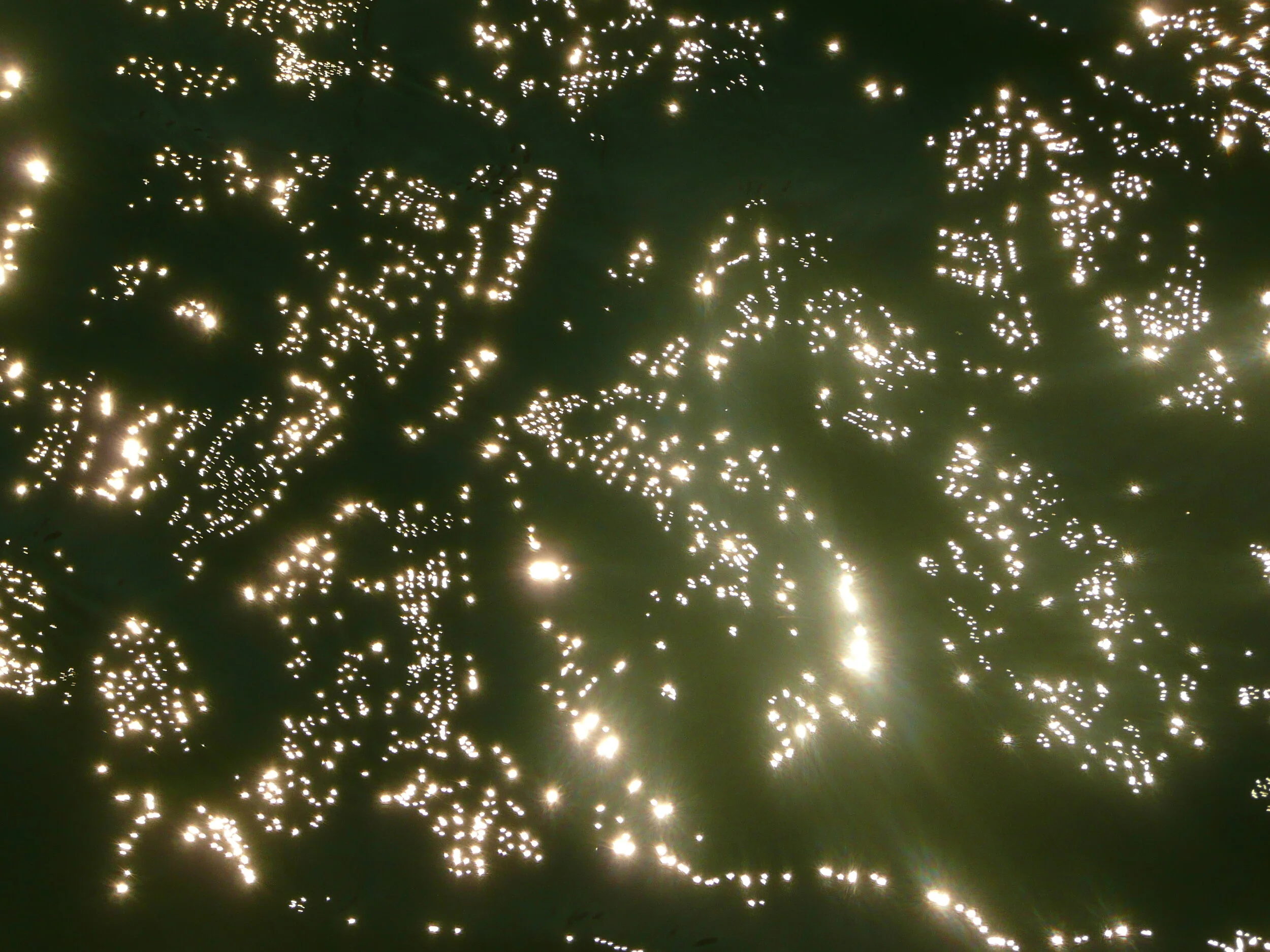Chapter Three:
Exploring (K)new Paradigms
In Chapter Three, I identify important points of convergence and divergence between Indigenous philosophy, which has a particularly long history of valuing a reciprocal form of relationality inclusive of other/more-than-human life, and the relatively recent development of new materialist/posthumanist perspectives that mobilize affect theory, neuroscience, and quantum physics to theorize agency beyond the limitations of poststructuralism and the dominance of anthropocentrism. I contrast the quantum-based theory of agential realism advocated by Karen Barad, one of the most influential proponents of new materialism, with the perspectives of several generations of Indigenous scholars who foreground the non-separability of materiality and spirituality within the complex ecology of human and other/more-than-human relations, considered to be sacred.
I suggest that Indigenous scholars who critically engage with new materialism/posthumanism are opening up possibilities for much needed cross-cultural dialogue: while Dylan Robinson testifies to the transformative experience of “doing sovereignty” through the affective politics, vibrancy, and efficacy of Idle No More song-actions, Dolleen Tisawii’ashii Manning contends that new materialist and posthumanist scholars have appropriated Indigenous understandings of the affective potency of material existence that encompasses traditional stories and songs, considered to have their own agency. This potent living materiality is also evoked by Indigenous architect Douglas Cardinal, who designed the National Museum of the American Indian for the Smithsonian Institution, the Canadian Museum of Civilization, as well as the En’owkin Center, and who gained life-changing knowledge from a vision quest during which he became fully aware of his interconnectedness to all living things.
I infer that Indigenous ethical principles of relationality, reciprocity, and responsibility that bind human and non-human agents to each other, may be said to offer a truly radical, if not “new,” eco-critical consciousness that clearly addresses the crucial questions raised by posthumanist and new materialist scholars.
